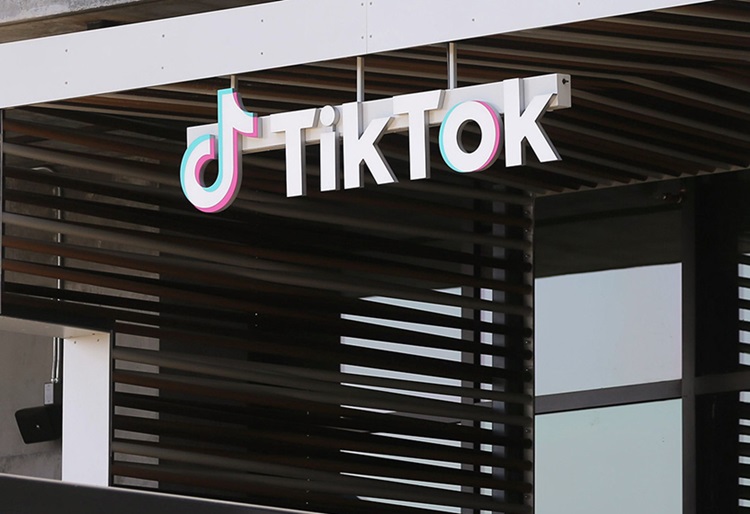In a twist that could shape the future of social media in the U.S., the Justice Department has accused TikTok of collecting data on sensitive topics and censoring content at the behest of its China-based parent company, ByteDance. This accusation places TikTok, a wildly popular video-sharing app, at the center of a national security controversy.
According to the Justice Department, TikTok has been secretly monitoring its U.S. users’ views on contentious issues like gun control, abortion, and religion. This revelation came to light through court filings related to a federal lawsuit TikTok filed in May, challenging a new law that demands ByteDance either divest TikTok or face a U.S. ban by mid-January.
“The collection of data from Americans is not a protected activity,” a senior Justice Department official stated, emphasizing the security risks involved.
TikTok, on the other hand, argues that banning the app infringes on the First Amendment rights of its 170 million American users. “We remain confident we will prevail in court,” said a TikTok spokesperson, highlighting the company’s belief in its legal stance.
The Justice Department’s claims are bolstered by the discovery of a software tool that allows U.S. TikTok employees and their counterparts in China to collect user information based on their content, particularly on sensitive subjects.
“Intelligence reporting further demonstrates that ByteDance and TikTok Global have taken action in response to PRC demands to censor content outside of China,” Casey Blackburn, a senior U.S. intelligence official, elaborated.
The Justice Department also alleges that TikTok has a history of content censorship and algorithm manipulation directed by ByteDance. “TikTok U.S., by its own admission, is merely a conduit for content-moderation decisions made by the Chinese entities,” a department official remarked.
TikTok has consistently defended its data-collection practices, emphasizing that safeguarding user privacy and security is a top priority. The company has invested $1.5 billion in an operation called TikTok U.S. Data Security, partnering with Oracle to store and supervise U.S. user data.
Despite these efforts, the Justice Department contends that TikTok’s measures are inadequate. They cite instances where significant amounts of restricted U.S. user data were sent to ByteDance employees in China using ByteDance’s internal communication system, Lark.
Previous reports revealed that TikTok tracked users who viewed gay content, though TikTok claims the dashboard used for this purpose has since been deleted. Additionally, it was reported that TikTok employees sometimes shared private user information, including email addresses, birth dates, and IP addresses, with colleagues outside the U.S. Data Security unit.
With over half of U.S. adults aged 18 to 29 using TikTok, the app’s future in the country is a matter of significant interest. Several billionaires have shown interest in bidding for TikTok, but ByteDance has firmly stated that it cannot and will not sell its U.S. operations. The outcome of TikTok’s lawsuit could determine whether the app continues to be a part of American digital life.
As this legal battle unfolds, it brings to the forefront the complex interplay between national security concerns and the preservation of free speech in the digital age.
(Source: Associated Press)









